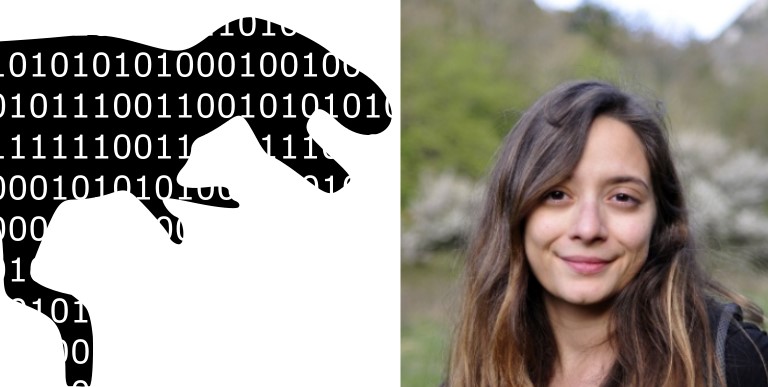E&E Webinar: Modelling life history evolution under cancer risk: what can we learn from elephants and dinosaurs?
Each cell division comes with the risk of mutations that could eventually lead to cancer. How do organisms attain their mature sizes without succumbing to cancer? What happens when large-bodied lineages shrink in size? Can cancer risk constrain body size evolution?
Speakers
Event series
Content navigation
Description

Each cell division comes with the risk of mutations that could eventually lead to cancer. How do organisms attain their mature sizes without succumbing to cancer? What happens when large-bodied lineages shrink in size? Can cancer risk constrain body size evolution?
Optimal growth strategies of large organisms can differ from smaller organisms. Adapting ontogenetic strategies to a larger body size can be more challenging than adapting to body size shrinkage, while evolutionary lags can reduce reproductive success during body size changes in both directions. For instance, if cancer-related mutation rate is very low, miniaturised organisms like birds can retain the high cancer defences evolved in their large ancestors and have a long lifespan with low cancer risk at the expense of reproductive success. In turn, given the eco-evolutionary feedbacks that might slow down the rate of evolution during body size increases, difficulty in adapting to a larger size under cancer risk can be one factor that keeps some lineages small.
Biography
PhD student in Evolutionary Biology at the University of Zurich (Switzerland). Mainly interested in using mathematical and computational models to study evolutionary questions. She is currently working on modelling life history evolution under cancer risk. During her Master’s Degree within the programme MEME (Erasmus Mundus Master Programme in Evolutionary Biology), she worked on cultural evolution and evolutionary epidemiology.
Location
Please click this link to join the webinar:
https://anu.zoom.us/j/93553179078?pwd=anVvT2o5RW1SaXpmR3gwQndYMFlYdz09
Passcode: 897075
Canberra time: please check your local time & date if you are watching from elsewhere

